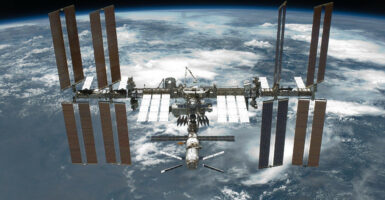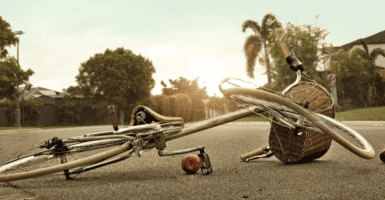Mystery Bacteria On The International Space Station Is Mutating
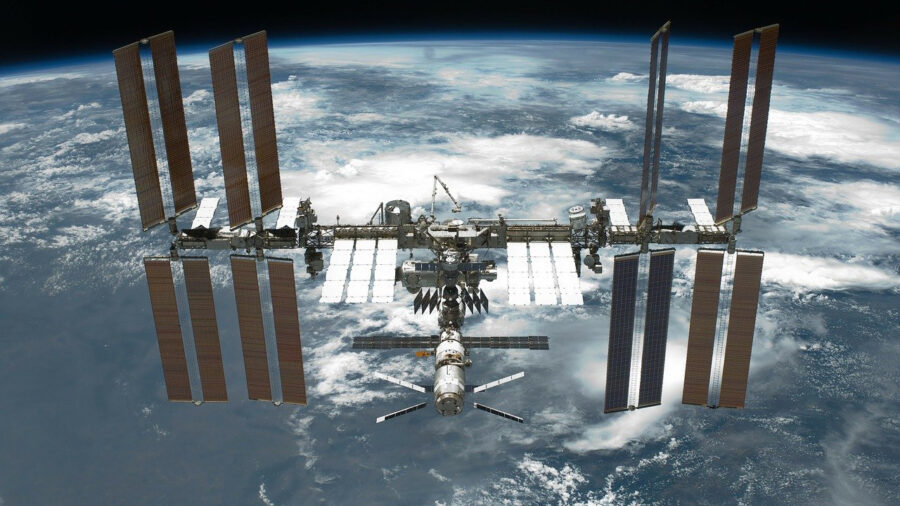
The 2017 movie Life showed us what could potentially happen if we ever decide to disturb any life form found in space, should we ever come across it. For those who haven’t seen the film, it’s not a pretty scenario. With that said, mutated strains of drug-resistant bacteria have been found lurking on the International Space Station, and it’s still unclear how it may affect the astronauts’ health or the health of humans back down on Earth. Are we going to see Life unfold in real life?
Bacteria On The ISS
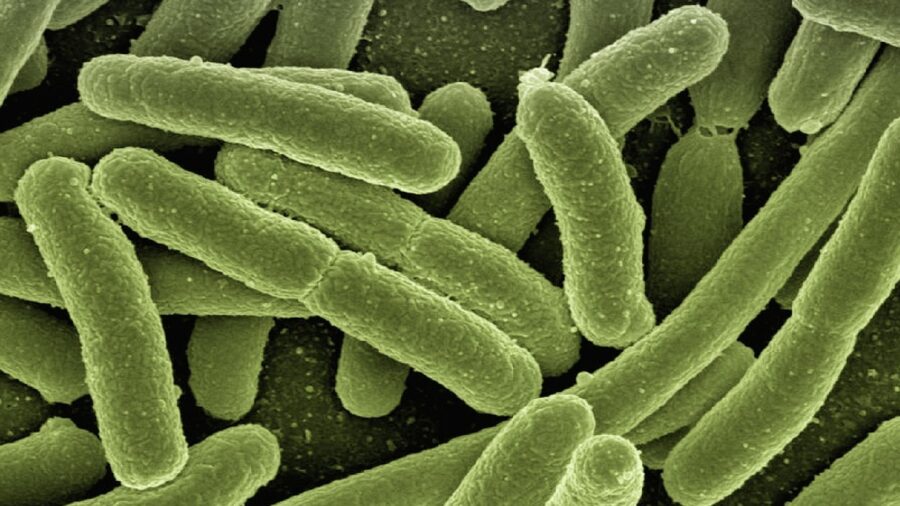
Besides housing astronauts who conduct different research on the effects of microgravity—amongst other things—the International Space Station also houses plenty of different bacteria who had evolved to thrive in the harsh conditions of space and microgravity of the ISS. What’s even more interesting is that some bacterial strains have evolved to become genetically and functionally different from their relatives down on Earth, and one of them, Enterobacter bugandensis, has mutated to become more resistant to antimicrobial treatments.
Tough Bacteria
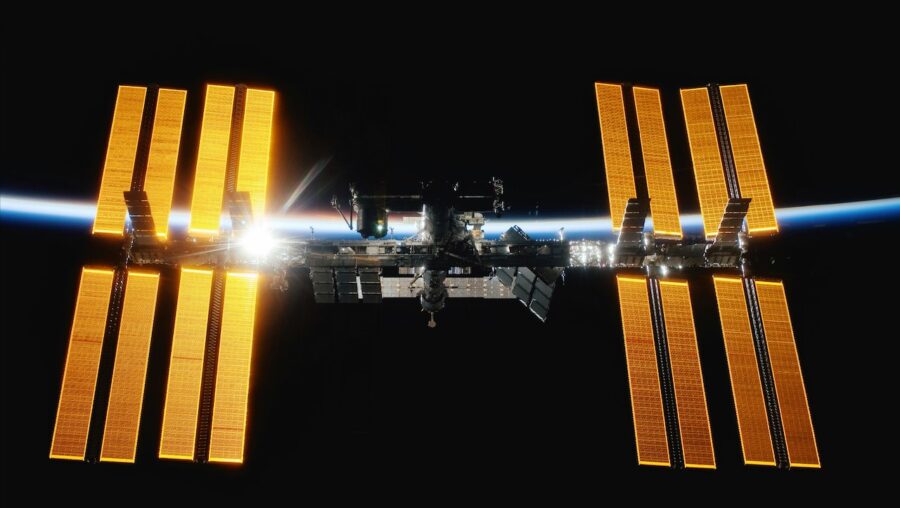
It’s important to note that the bacteria living on the International Space Station live in much different, often harsher conditions than those found on Earth, and they’re influenced by many different factors, including microgravity, radiation, and elevated levels of carbon dioxide. As a result, the bacteria on the ISS have adapted to the new conditions in order to survive, and the already highly adaptable Enterobacter bugandensis has now become more resistant to antibiotic treatments, which isn’t really a good thing.
Enterobacter Bugandensis
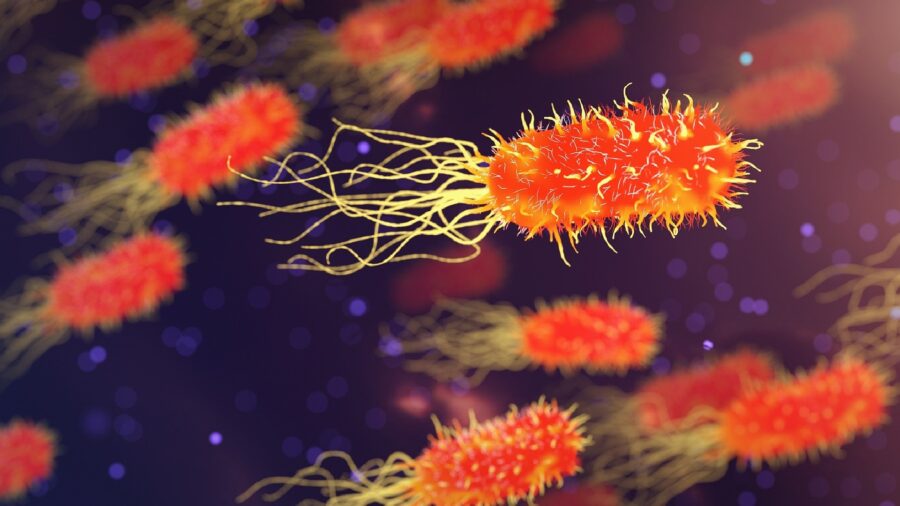
Enterobacter bugandensis has been linked with severe clinical infections, such as neonatal sepsis, which is a blood infection found in infants that are less than 90 days old. The newly mutated strain aboard the International Space Station isn’t just more resistant to antibiotics; it was found to coexist with multiple other microorganisms. It has, in some cases, even helped those other microorganisms survive in the microgravity environment aboard the ISS, and it’s not outside the realm of possibility for it to become a dominant microorganism aboard the station.
How Will The ISS Astronauts Fare?
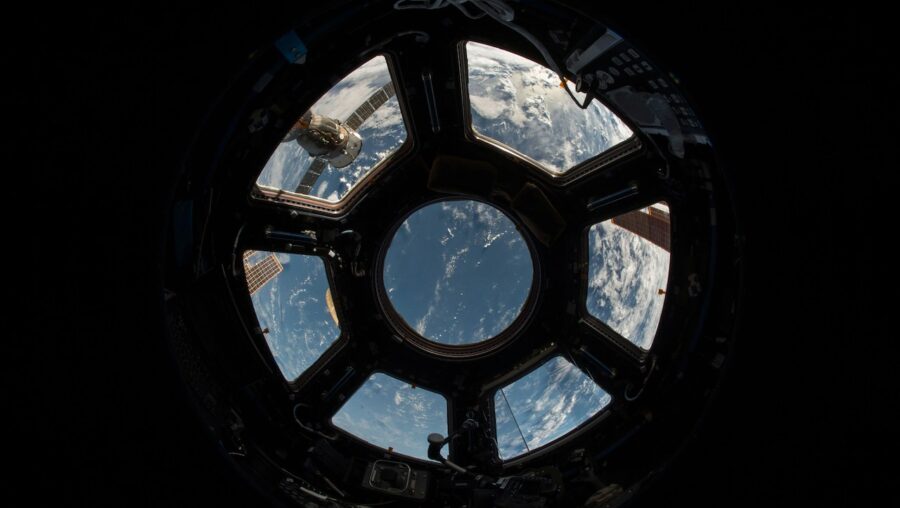
Now, what that might mean for the astronauts aboard the International Space Station and how it might affect their health is currently unclear. Those studying the new bacteria called for preventative measures to help mitigate the effects of the mutated species, especially since we also don’t know whether these mutated, drug-resistant strains pose a risk to humans on Earth. This raises some interesting questions: how would we deal with the newly-emerged germs that have evolved in the harsh conditions of space and microgravity and not in the conditions present here on Earth?
It Could Happen

If you think such a scenario isn’t likely to happen, let’s all take a moment to remember that the world nearly stopped because of a single undercooked bat in China (allegedly, it’s only one of the suggested causes). So, it’s really important to prioritize prevention and then the cure because a bacterium that has mutated to survive the harsh conditions of space aboard the International Space Station would most likely thrive in the life-nurturing conditions here on Earth. And we can all agree that a super-resistant alien bacteria isn’t something the world needs, ever.
Source: PubMed









